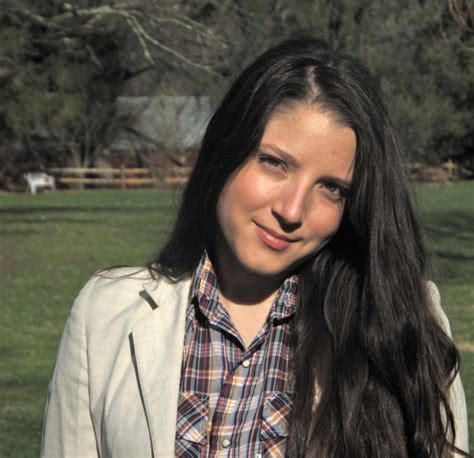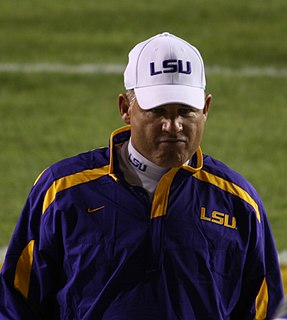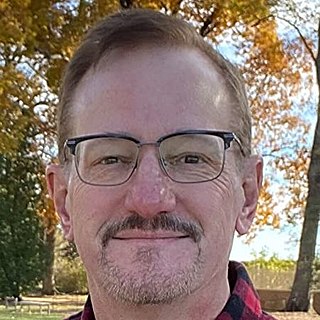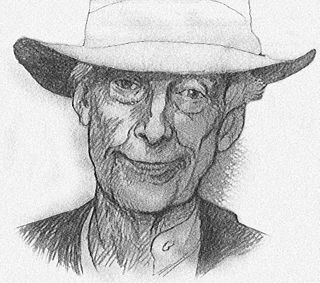A Quote by Frank McCourt
Before the famine, which was in the 1840s, that was an emotional turning point... There are various documents showing how the Elizabethan English, in particular, were shocked by Irish displays of affection, by the way women acted toward strangers, walking up and putting their arms around them and kissing them right full on the mouth.
Related Quotes
Those who came to the United States didn't realize they were white until they got here. They were told they were white. They had to learn they were white. An Irish peasant coming from British imperial abuse in Ireland during the potato famine in the 1840s, arrives in the United States. You ask him or her what they are. They say, "I am Irish." No, you're white. "What do you mean, I am white?" And they point me out. "Oh, I see what you mean. This is a strange land."
The revival of Hebrew, as a spoken language, is a fascinating story, which I'm afraid I cannot squeeze into a few sentences. But, let me give you a clue. Think about Elizabethan English, where the entire English language behaved pretty much like molten lava, like a volcano in mid-eruption. Modern Hebrew has some things in common with Elizabethan English. It is being reshaped and it's expanding very rapidly in various directions. This is not to say that every one of us Israeli writers is a William Shakespeare, but there is a certain similarity to Elizabethan English.
James Joyce's English was based on the rhythm of the Irish language. He wrote things that shocked English language speakers but he was thinking in Gaelic. I've sung songs that if they were in English, would have been banned too. The psyche of the Irish language is completely different to the English-speaking world.
How sad it was, Carmen thought, that you acted awful when you were desperately sad and hurt and wanted to be loved. How tragic then, the way everyone avoided you and tiptoed around you when you really needed them. Carmen knew this vicious predicament as well as anyone in the world. How bitter it felt when you acted badly to everyone and ended up hating yourself the most.
My point to you is, there is no such thing as a flop that takes the field for our football team. Just so ya know, I'm proud of those men. How ****ing easy would it have been to say it's their night. Excuse my language. Spectacular group of men. You got to find them, you throw your arms around them and give them a big kiss on the mouth, if you're a girl.
When you do improv, you're everything. You're a performer, writer, and director, because you're moving the scene in the direction you want it to go, you're making it up as you go, and you're acting it. You're all of those things, so I always viewed myself that way. And with the films I've done, I've written on them, I've acted in some of them. And even ones I haven't acted in, I've acted them out just to be sure another actor can do them.
There's the 5% of the people that are wise and righteous and I'd definitely be amongst them, building, communicating, and continuing to try and figure out how we can awaken the 85%. The 85% are walking around [like] cattle, not realizing the things we do, the violence we do; you see people falling victim to all sorts of unnecessary things because they just don't know the way and nobody is showing them the way.
Any more questions?" I ask, poking him gently in the ribs. "Do you still love me any?" Eliot asks, putting his hand over mine. "A little." "A little?" he asks, pulling away from me. "A lot." "How much?" he asks. "More than chocolate chip cookies." "Mmm" he says, kissing my shoulder. "More than walking on the beach." Eliot kisses me on the neck. "More than . . ." I pause, turning to look at him. "More than?" he asks, kissing my lips. I turn toward him. "Anything.
I grew up in a family that despised displays of strong emotion, rage in particular. We stewed. We sulked. When arguments did occur, they were full-scale conniptions, and we regarded them as family failings. Afterward, we withdrew from one another and tried our best to strike the event from our memories.
































